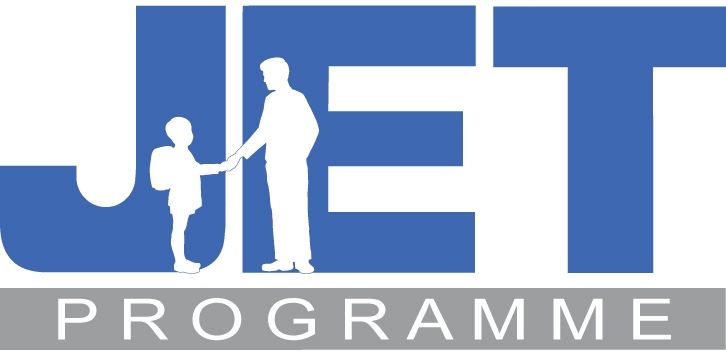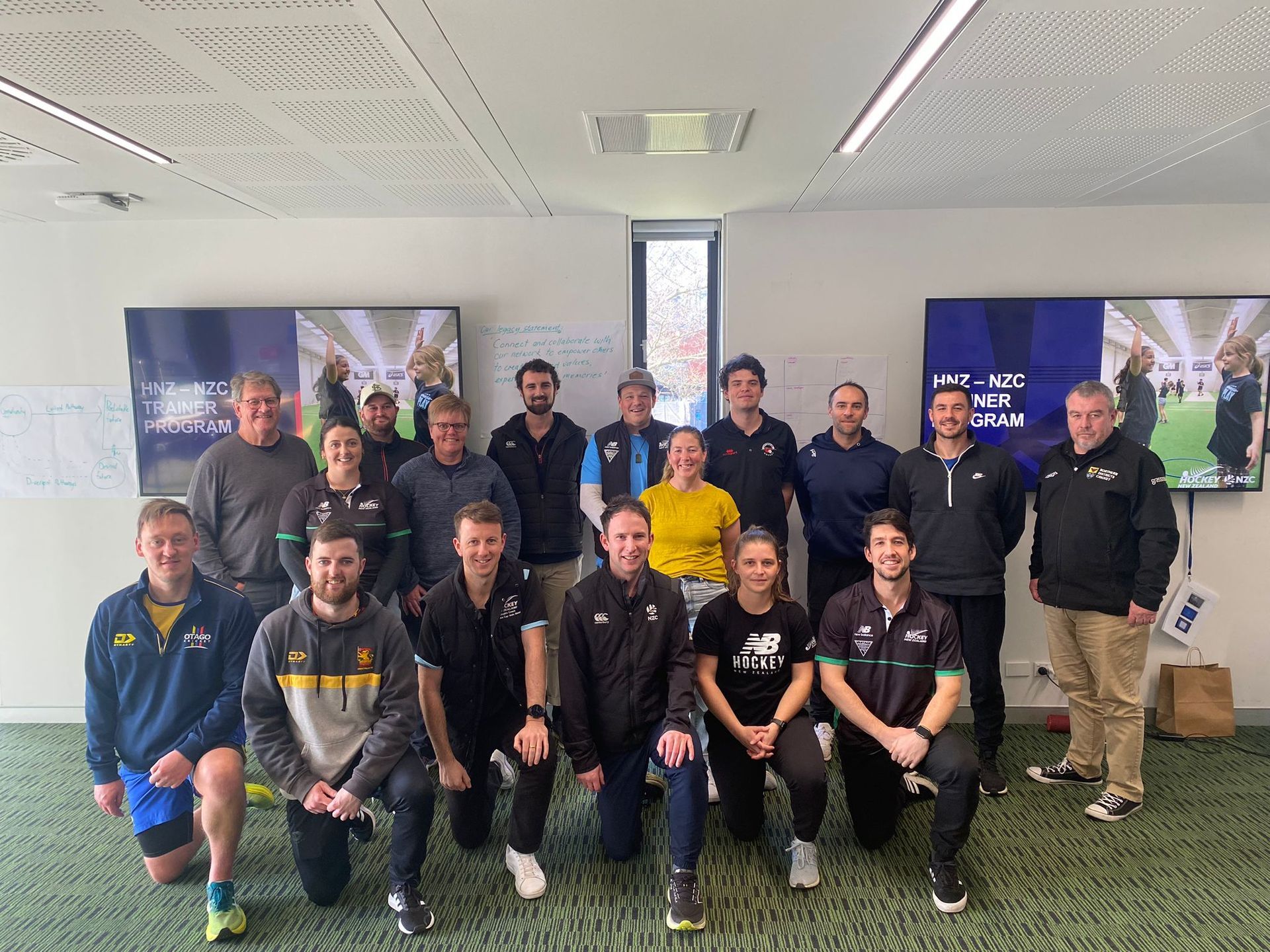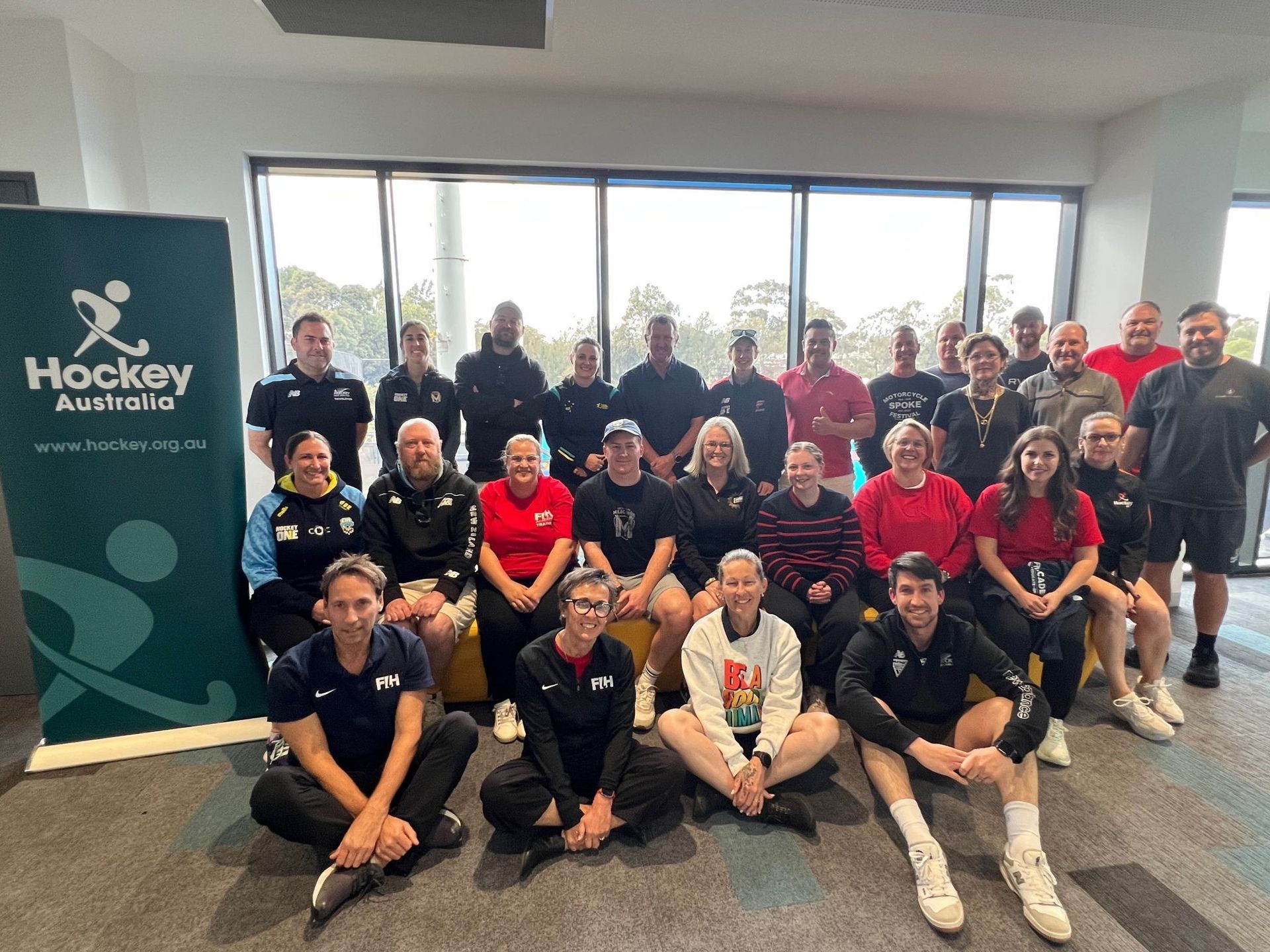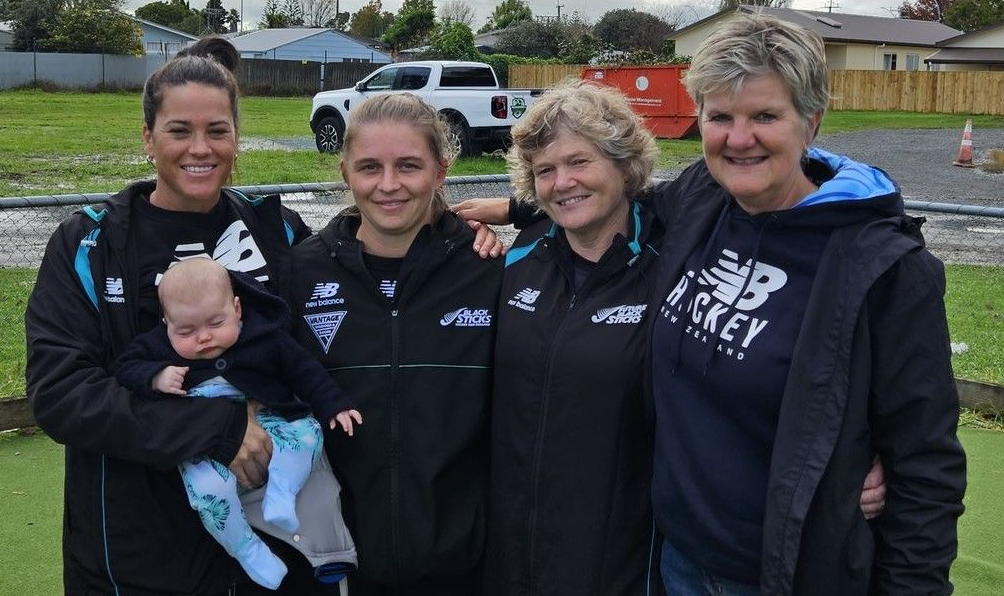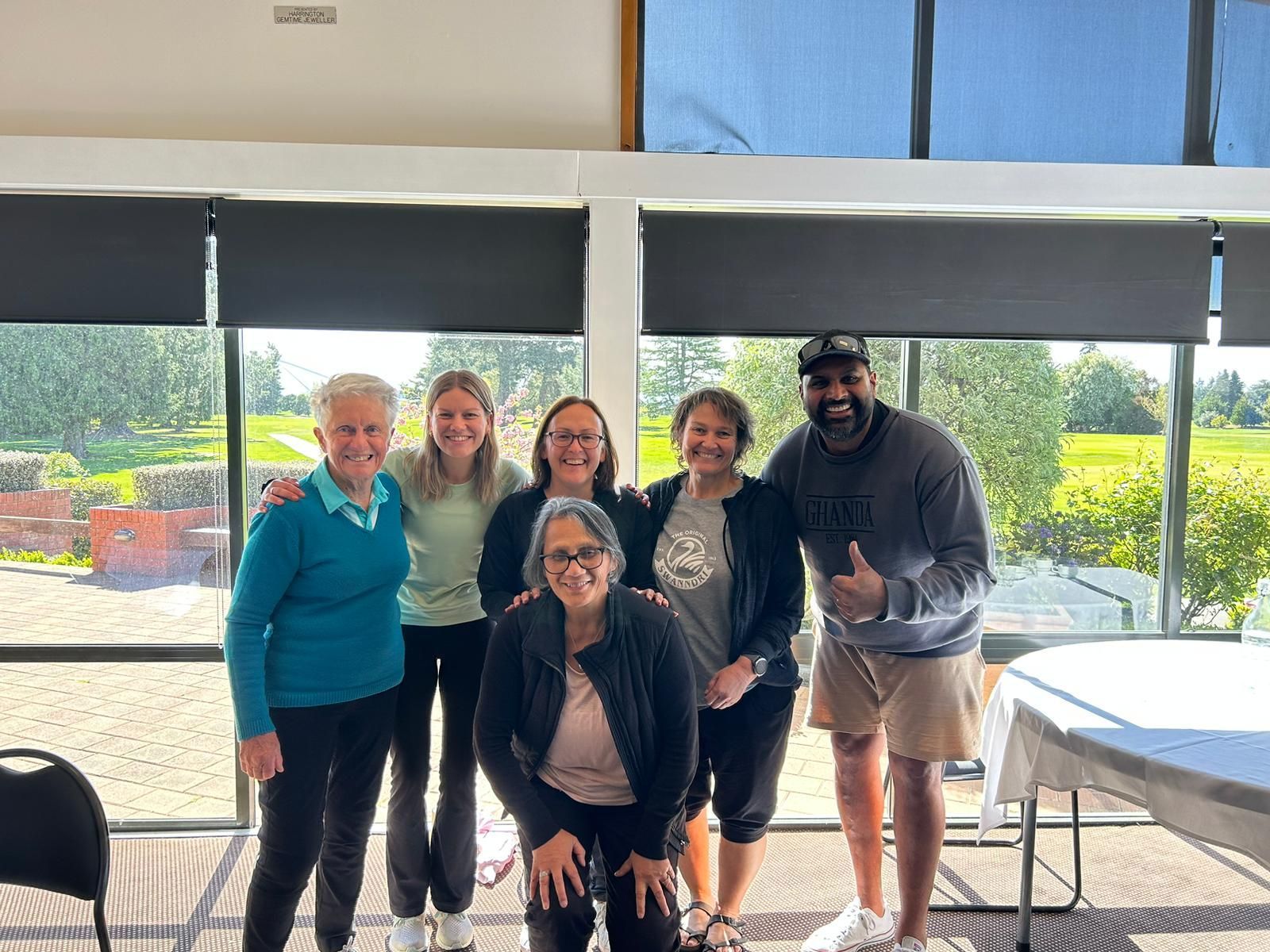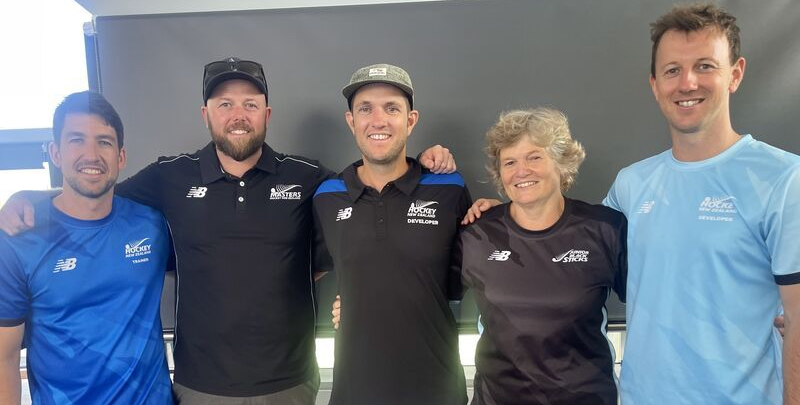KEEPING THE KEEPER IN THE GAME
June 19, 2020
Great
tips for coaches to support the development of a Goalkeeper in your team
training.
About the Author: Born in the deep south, Hymie Gill has returned home in 2019 to take on the role of Pathways Manager for Otago Hockey. Hymie has over 18 years of coaching experience spanning across Belgium, Italy, England and New Zealand in community and performance hockey. Hymie is part of the Hockey New Zealand Trainer network, supporting the development of the national coaching system.
I have never played in goal. I have never put the pads on to give it a try. I probably never will. It’s not my cup of tea, but I now find myself coaching Goalkeepers. Not just elite Goalkeepers but young new players and everything in between too. They all have one thing in common; they want to be coached. They crave the attention, to have feedback given to them, to have time spent on their technique and the smallest details to help them be better. They often see coaches' comment and refine field players at training, during the game, and post-game but often not too much attention thrown their way.
I started taking an interest in coaching Keepers (when? We could just put ‘a few years ago’) to add to my coaching skill set. There are not many coaches around who have mastered the art of Keeper coaching. It’s not easy, but you have to start somewhere. So to begin, we ask questions and look for answers:
- • How do I coach/run a training with a team of field players but also give enough attention to a Goalkeeper?
- • How do I give attention to a position which I have no clue how to play, let alone coach?
- • If I ignore that position will they manage themselves and still develop and feel included?
Whether you are an experienced seasoned coach, or a new parent to the art of hockey coaching, we will all ask these questions at some point. We will search for “masters in the art of Keeper coaching” to help us, if we can find them, and if not, we will find some super keen helper or assistant coach to “warm the keeper up” for the entire practice, thus taking that responsibility from our role. But this does not help the team, it does not help the Keeper improve, and it does not broaden your skills as a coach.
Through challenging myself to explore coaching Keepers, I have managed to learn a few things. Although I may not even get close to understanding what it takes to be a Keeper, I have captured several key elements I can reinforce to all Keepers at all levels so they can grow and develop:
- • Foot work is important - get acquainted with a ladder to improve footwork
- • Do not dwell on your mistakes – focus on the next play
- • Lead with your head and your feet will follow
- • Communicate with your defenders - hopefully, they will do most of your work for you
- • Self-analyse your game - learn to be the student of the game
- • Practice to be perfect but in a match do anything to stop the ball
In addition, here are some questions I have been asked over time from coaches who have found including a Keeper into a team training challenging.
1. How do I keep Keepers engaged during training?
This is not easy!!! Here are some ways I engage my Keepers in training:
- • When I talk to the group the Keeper is included. If this means we have the discussion closer to the goal so they can be included, then we do this.
- • If I want to do a tackling exercise, I include the Keeper in tackle boxes. This could help with their footwork, the use of their stick in tackles and given shoot outs have become part of the game, this is great for developing skills to assist in defending a shoot out
- • When we play 3v3 - 1 team will have a Keeper as part of the 3.
- • If I want to do a passing drill, I use the Keeper as part of a 1-2 or wall pass to help with the Keeper’s kick accuracy.
- • If I want to do long passes for defenders, I use the keeper as a target who must make a controlled accurate pass to another player.
2. How do I maximise my Keeper development while working on goalscoring with field players?
I do not encourage power goals (balls smashed from the top or mid circle) - I want skilful goals by my attackers. Young Keepers’ confidence is massive, designing attacking exercises where the ball is played skilfully in close quarters helps a Keeper to get involved, get lots of touches, and grow their confidence.
Here are some tips for how you can support the development of your Keeper during your team training:
- • Hard Shots: There is a place for hard shots. If I want a keeper to have hard shots at them, I make sure they are done from the very top or just outside the circle. This not only helps the attackers taking early shots but provides the Keeper time to prepare. Following the shot, you can make it game-like by including 1 or 2 defenders and 3 or 4 attackers to play out the rebound. Remember for young or inexperienced Keepers, if the ball has to travel a greater distance, they will have more time to prepare, and more likely to make a save and experience success, growing their confidence.
- • Change it up:
- - Include more defenders than attackers in the circle to create game like situations
- - Mix up where the drill starts from to change the point of attack in the circle, but still ensure each ball is played out of the circle, as it would in a game.
- - Include less defenders and more attackers in the circle. Tell the keeper if they touch the ball they are doing well. They do not have to stop everything. On the flip side I tell the attackers the keeper should not touch the ball.
- • PC’s or Shoot Outs: I have added in PC’s and Shoot Outs to my shooting drill
3. How can I give individual feedback to the keeper during a training session?
If I have the time, I work with the Keeper separately. This is a luxury only afforded to some, but it can be the difference between an individual feeling included, learning and growing, and enjoying their experience. I can focus on giving feedback around their technique a little more and help them identify what good technique feels like. I keep my comments as positive as I can. Keepers are hard on themselves at the best of times and if they make a mistake everyone sees it and they know that.
Here are some tips on providing individual feedback to a Keeper during a training:
- • Coach Positioning: During training, as a coach I change the position of where I stand in different drills. I may spend time behind the goal getting the Keepers view on things and talking to the Keeper about what is going well, and not so well, as the drill plays out. I can give them feedback as they go.
- • Get the Keepers input: I ask the Keeper for their view on different plays to get a different perspective on how the attackers are attacking or how the defenders are doing in their roles.
- • Ask Questions: Because I have not played in goal myself, I ask a lot of questions to the Keeper I am working with. It does not matter how old they are or how experienced they are. I have an idea to the answer I might get but I am also keen to hear what the Keeper has to say. On many occasions they have made comments which have put a different perspective on what happened. This has been great for my development as a coach.
- • Be Curious: Find resources and people to support your learning. I have needed to work hard in learning about the art of Goalkeeping. It is such an important position in our game. I have found talking to other Keeper coaches and ex-players helpful in understanding what it takes to be a Keeper. I have found using YouTube and Instagram helpful tools in finding drills for 1v1 keeper coaching. Some of which you can find here:
Hockey NZ GK Videos
- s.m.zijp
Finally, what I have found is, if you give time and pay attention to Keepers, they will become a valuable set of eyes for you, absorb the information, feel included, and improve. This may just help keep that ball out of the net as well!


